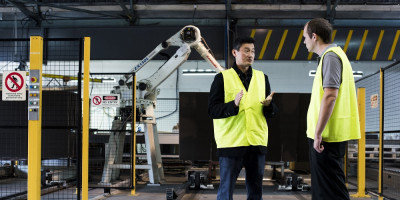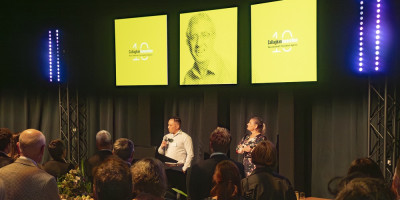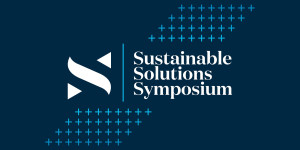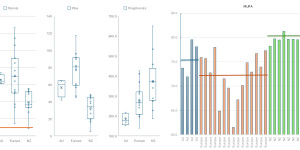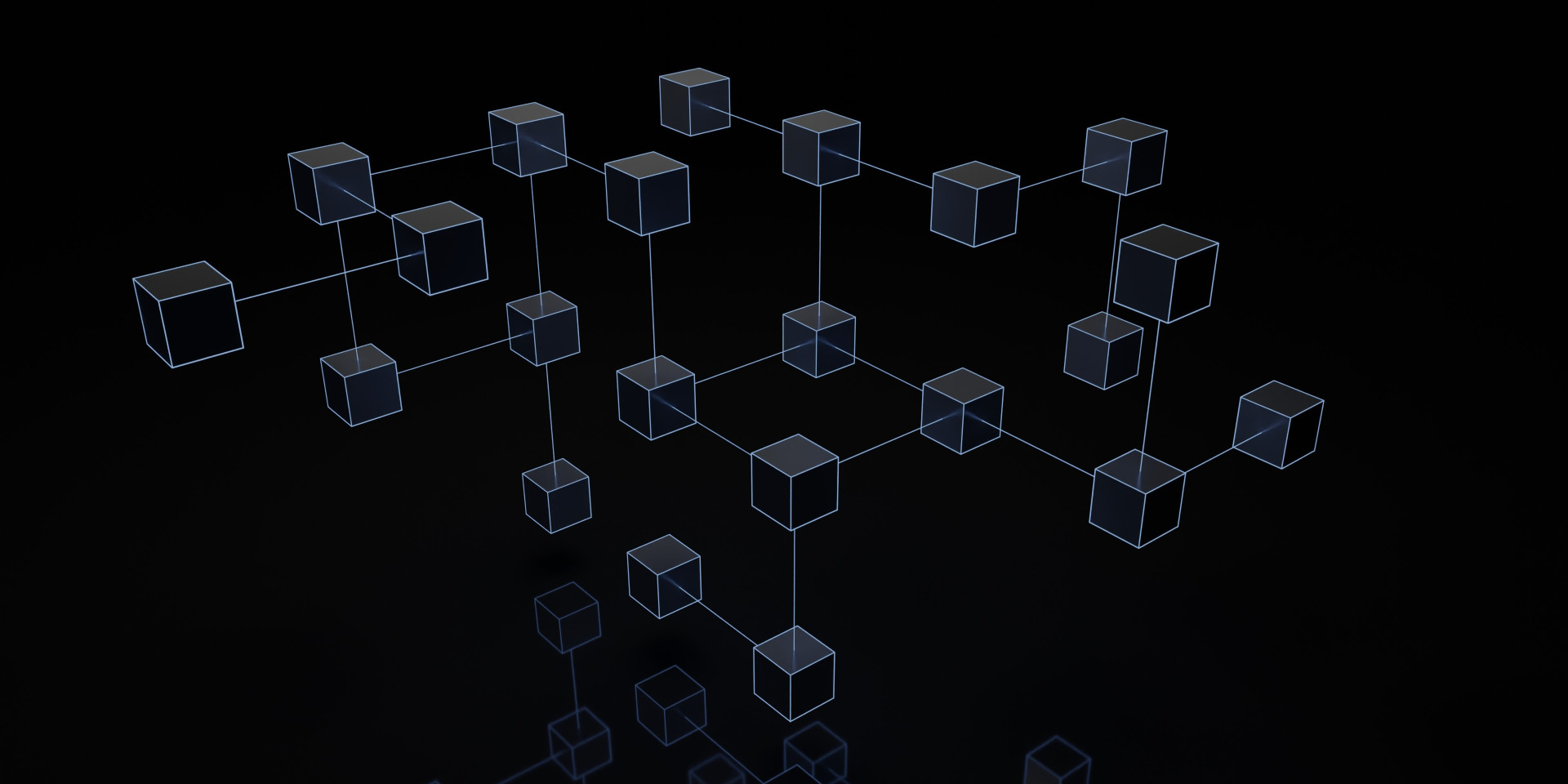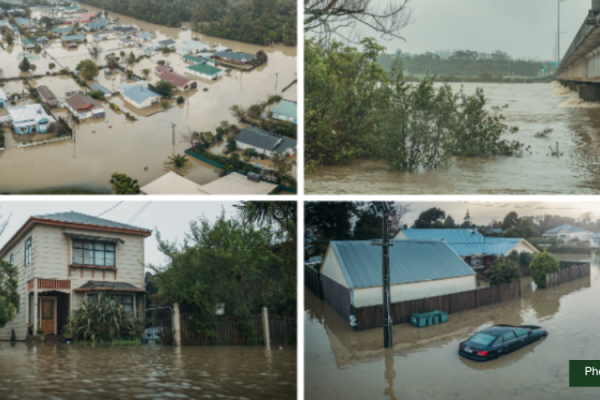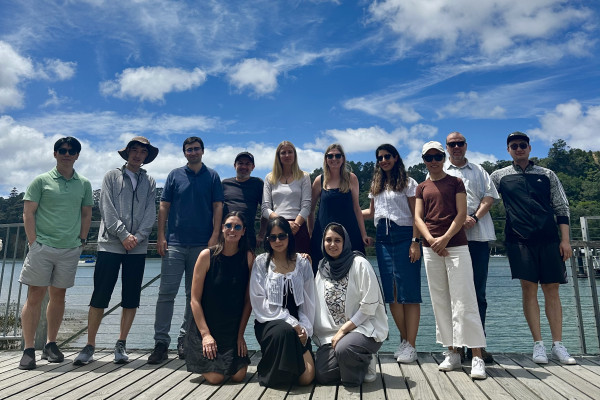[Fraser Clark]
The challenge I think for blockchain is to-to demonstrate that it’s more than just a system
that we’ve got today, which is working, sort of, adequately for the market. So, can you use
blockchain to get more value, to get more efficiency, create new services and products so
that, I think a little bit, for the people in the market to see those opportunities and then create
that, use the blockchain as the platform for that to happen. But, when you look at the extend
of transactions and interactions that are going to happen on the market, in to the future,
we‘ve got a range of new consumer technologies, more computing power, more ways for
consumers to participate. So we’ve got a whole range of products, then you’ve got the
markets, the electricity market becoming more sophisticated, it’s becoming more mature,
finding new ways to manage risks, new ways to operate, new services coming along as
networks try to optimise their assets, can they use this technology? So, you’re only going to
see an increasing proliferation and the amount of transactions and the extend in complexity
of those.
The application, in the electricity market in general is quite challenging, you’ve got this need
to, you know, unlike some of the areas where you’re trying to establish a peer-to-peer trading
like AirBnb and Uber, where there’s, sort of, you look in to the future, with electricity, you
need this- you know, everything to balance in real-time. So you’ve got to try and- it’s not
about what’s happenin in the future, it’s right now, supply demand need to be balanced,
which creates a sort of different dynamic around it. And then, related to that too is that we’ve
got this sort of common pool- everyone is putting their electricity into this big bucket and then
taking out of the same bucket. So, what your customer, if you like, the person you’re selling
to, isn’t going to get the very thing that you put into that market. So then there’s little quirks
with that, abd the losses in the system as well, so you have to manage that. It’s probably not
necessarily a big deal, but just something you have to bear in mind that what you put in isn’t
what you take out. And then you’ve got another quirk that we all need the same quality, so
you need to make sure-you need to make sure the power system stays robust with voltage
and frequency and power quality. And so, at a bulk level, we have people providing services
that ensures that so you need to make sure through all the blockchain trading process that
all those people who are providing those services are being paid for that. And that, might be
people that are participating in that process as well. You’ve got… qual-quality then unlike
other areas, you can’t take yourself out of- you can’t remove the whole supply chain. And
there’s been some of the other models around disentermidation and taking people out of the
supply chain if you want to sell your electricity to someone down the road, or even further
afield, you need to use the networks, probably the meters. So somewhere along that
process, you need to make sure people get paid for providing those services. And then the
other thing to is that your- it’s not going to be a one-to-one transaction at any given time,
you’re going to- every half-hour or how long it is, you’re going to be buying electricity from
somebody else. Multiple parties selling to one party, so there’s a whole, sort of, range of
different- something that are different to just to, kind of, more well-recognised peer-to-peer
type of relationship that might use a blockchain arrangement. So for New Zealand, probably
some regulatory challenges around some of the data access side of thing. At the moment,
there’s a retailer who control- are responsible for the flow of data. You might have some
commercial challenges around, well, if you’ve got multiple parties involved in supplying a
customer, who is going to be responsible for paying for the networks, for the meters? Who’s
going to responsible if there’s a loss of supply or some quality issues? Who do you talk to if
you want to change, say if you want to change your tariff in terms of say the distribution
networks that you’re on? What happens if the lights go out, who do you call? At the moment,
it’s the retailer and in the future, is that the retailer? If you don’t-well, if it’s your neighbour,
you probably aren’t going to get much help from them. So it- not to say that the retailer of
today is the right person to do that role, but it might mean that the way we think about who’s
responsible for some of the services, some of the way…, some of the responsibility around
guarantees and performance, who to talk to when there are issue? Some of those might
change a bit, which will mean changes for some of the different parts of the sector and
different parts of the supply chain.



